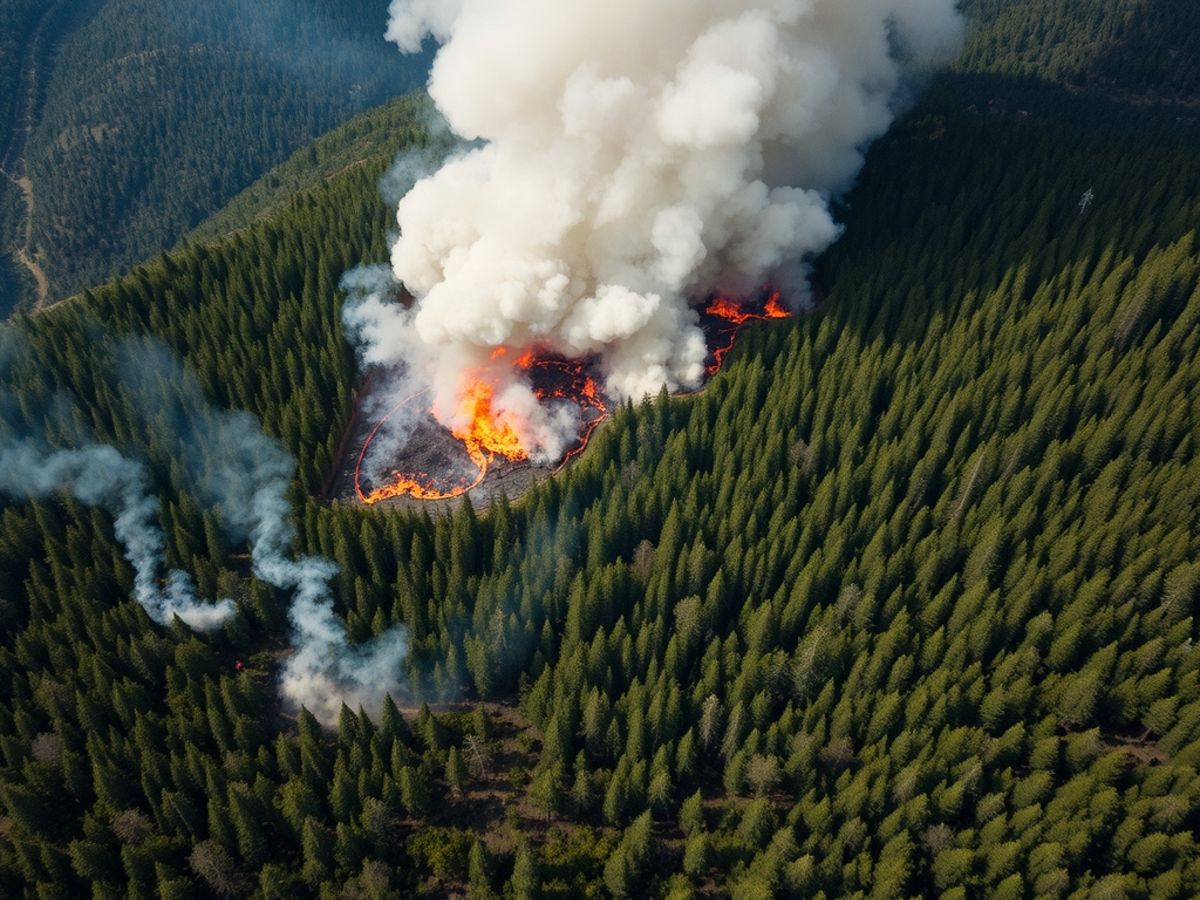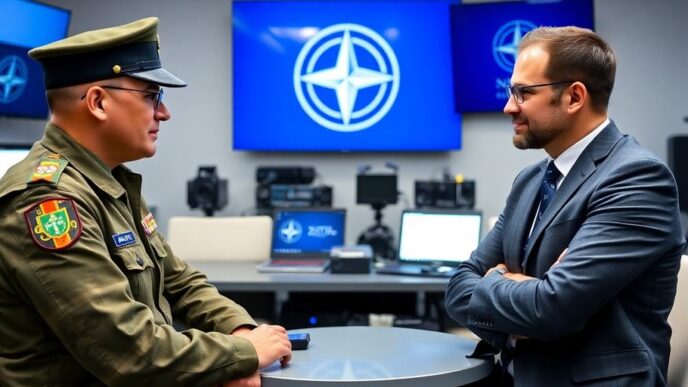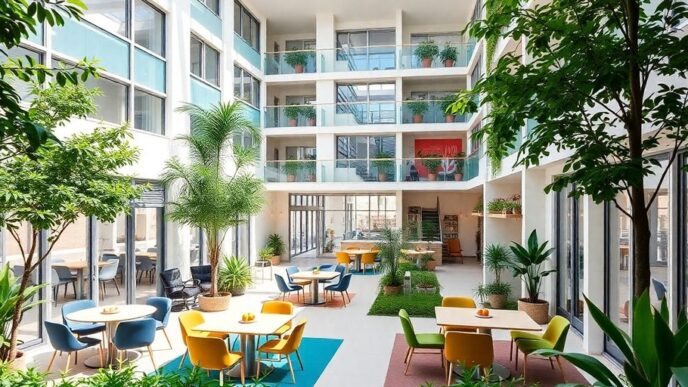Wildfires have been raging across the Portuguese island of Madeira for over a week, prompting a significant response from both national and European Union authorities. The fires, which began on August 14, have led to evacuations and extensive damage to vegetation, though no homes or vital infrastructure have been destroyed.
National Response
Portugal’s National Emergency and Civil Protection Agency (ANEPC) has been at the forefront of the firefighting efforts. On Wednesday, the agency announced the deployment of an additional 60 personnel to Madeira. This contingent includes 29 firefighters from the Special Civil Protection Force (FEPC), 15 volunteer firefighters from the Greater Lisbon Region, and 15 soldiers from the National Guard’s Emergency Protection and Assistance Unit (UEPS).
The reinforcement was requested by António Nunes, President of the Regional Civil Protection Service, following a briefing with the Special Civil Protection Force. The initial contingent of 76 people was dispatched on Saturday, and the new team is expected to bolster efforts to contain the fire.
European Union Assistance
The European Commission has also stepped in to support Portugal. On Thursday, the Commission announced the mobilization of additional resources, including the activation of the Copernicus emergency satellite system to provide maps to local authorities. Two Canadair firefighting planes from Spain arrived in Madeira on Thursday as part of the EU Civil Protection Mechanism.
The EU’s strategic reserve for the fire season includes 28 aircraft and four helicopters deployed across 10 member states. More than 560 firefighters from 12 countries have been pre-positioned across Europe to respond to such emergencies.
Impact and Current Situation
The fires have primarily affected mountainous areas with steep slopes, making firefighting efforts particularly challenging. Nearly 4,930 hectares have been burnt, according to the European Forest Fire Information System. Despite the extensive damage to vegetation, there have been no reports of homes or essential infrastructure being destroyed.
Authorities have evacuated nearly 200 people as a precaution, providing public shelters for those displaced. Many residents have since returned home, except for those in Fajã das Galinhas in Câmara de Lobos.
Investigation and Future Measures
The judicial police are investigating the cause of the fire, with initial reports suggesting arson. Miguel Albuquerque, President of the Madeiran government, has confirmed these suspicions.
As global temperatures rise due to climate change, the frequency and intensity of wildfires are expected to increase. The situation in Madeira serves as a stark reminder of the urgent need for comprehensive strategies to mitigate and respond to such natural disasters.













